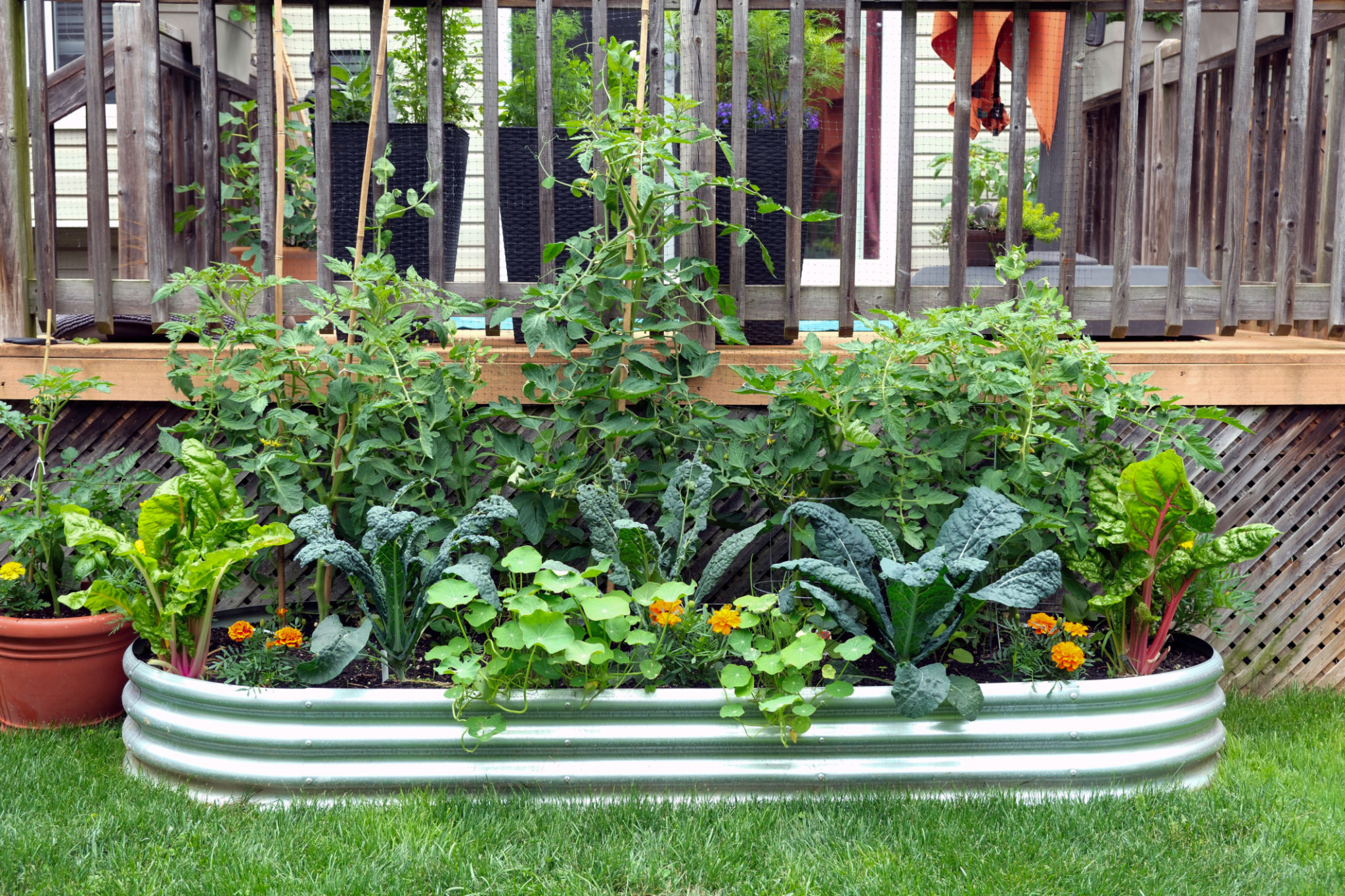Current Trends in US Neighborhoods: The Rise of Community Gardening Projects
The Growing Popularity of Community Gardening
Across the United States, community gardening projects have seen a significant rise in popularity. These collaborative spaces offer a unique opportunity for neighbors to come together, cultivate fresh produce, and foster a sense of community. As urban areas become more densely populated, the need for green spaces has become increasingly apparent, making community gardens a cherished asset in many neighborhoods.

Environmental Benefits
Community gardens provide numerous environmental benefits. They help reduce the urban heat island effect by introducing more greenery into concrete-dominated environments. Additionally, these gardens support biodiversity by providing habitats for various pollinators and beneficial insects. By growing food locally, community gardens also reduce the carbon footprint associated with transporting produce from farms to grocery stores.
Moreover, community gardens promote sustainable practices such as composting and organic farming, which contribute to soil health and reduce reliance on chemical fertilizers. This holistic approach not only benefits the environment but also leads to healthier produce for those who partake in the gardening efforts.
Social Impacts
Beyond environmental advantages, community gardens have profound social impacts. They serve as communal hubs where people from diverse backgrounds can meet, share knowledge, and collaborate on projects. This interaction fosters a sense of belonging and helps strengthen social ties within neighborhoods.

Community gardens are also educational spaces where individuals can learn about gardening techniques, nutrition, and sustainability. Workshops and events organized within these spaces often encourage participation from all age groups, promoting lifelong learning and engagement with nature.
Improving Food Security
In many urban areas, food deserts pose a significant challenge, limiting access to fresh and nutritious food. Community gardens play a crucial role in improving food security by providing residents with direct access to fresh produce. This can be especially beneficial for low-income families who may struggle to afford healthy food options.
By growing their own fruits and vegetables, community members can enjoy a more balanced diet without the financial strain. This empowerment through self-sufficiency not only improves physical health but also enhances mental well-being by reducing stress related to food scarcity.

Economic Advantages
The economic benefits of community gardening projects are noteworthy as well. These gardens can increase property values in surrounding areas by enhancing neighborhood aesthetics and creating attractive green spaces. Additionally, they can stimulate local economies by encouraging the sale of surplus produce at farmers' markets or through direct exchanges among neighbors.
Community gardens can also serve as platforms for entrepreneurship. Individuals may develop new skills such as urban farming or learn how to create value-added products like jams or pickles, opening up new income opportunities.
The Future of Community Gardening
As more people recognize the myriad benefits of community gardens, these projects are likely to continue growing in popularity. City planners and local governments are increasingly incorporating community gardening initiatives into urban development plans to promote sustainable living and enhance quality of life.
To support these efforts, it's crucial for communities to advocate for policies that facilitate the establishment and maintenance of community gardens. This includes securing land rights, providing resources and funding, and fostering partnerships with local organizations.
